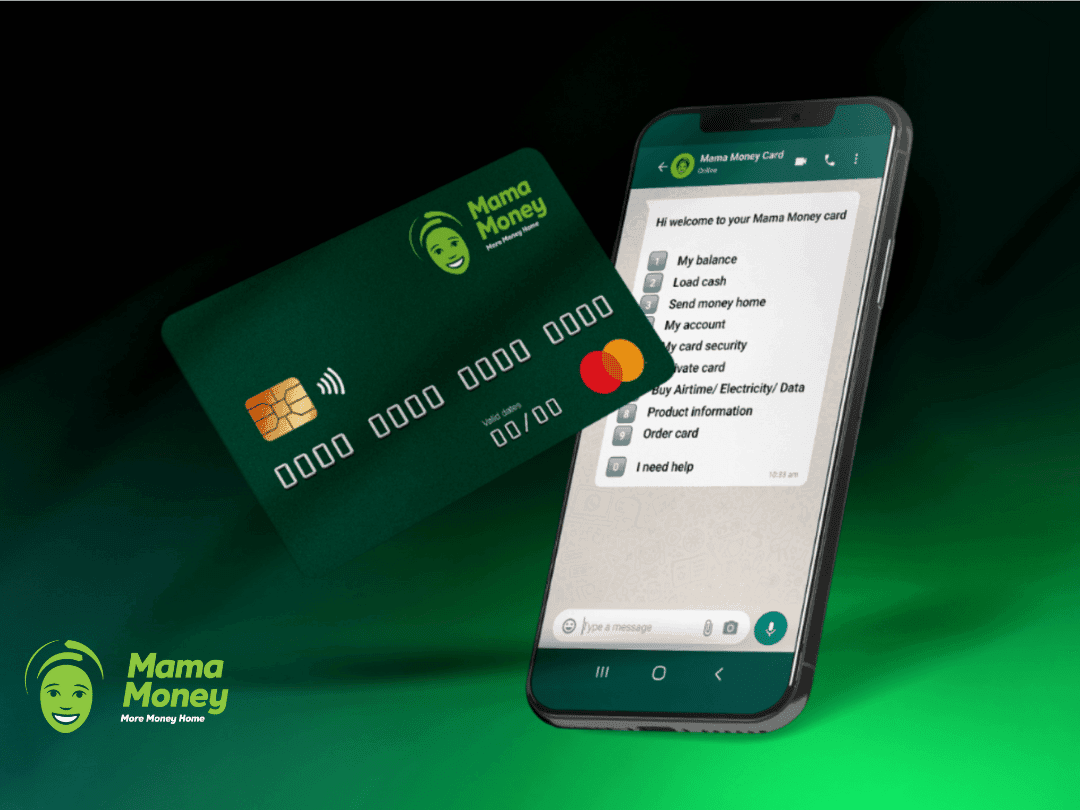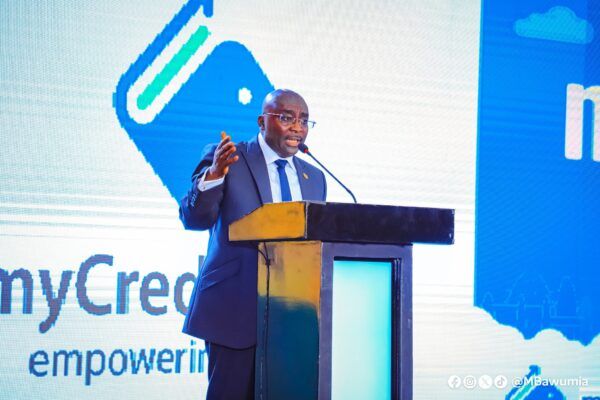Getting access to financial services can be hectic sometimes. Why? This is because of the arduous document-based process typically required each time you need to prove an aspect of your identity. What if there is a capability that allows you to store those documents securely in a mobile app to share at your discretion. Surprisingly, there is, and it is called, the Self-Sovereign Digital Identity (SSDI).
To quote CNBC, "SSDI provides a quick and highly secure way for people to store and update their identity data on a personal mobile device, and share proof of it through a secure digital verification system, without having to share actual copies of their documents."
"What makes it different to other forms of digital identity management – and a game-changer for financial inclusion in Africa – is that SSDI not only gives consumers a way to control their personal information with less risk of identity theft, but it also gives individuals who don't have physical documents a means to build up legal proof of identity, enabling them to access benefits and financial services that they might not be able to obtain otherwise."
Introducing a self-sovereign digital identity (SSDI) could address some of the key concerns around privacy and online fraud in South Africa. - Absa.
One company that has been at the forefront of this technology in Africa is ABSA.
The bank said in a statement, "As a founding steward of the Global Sovrin Network since 2018, Absa has been actively involved in the global deployment of an open-source public-permissioned distributed ledger technology network – the world's first to be built specifically for SSDI purpose – as well as the local development of a self-sovereign digital identity management system.
“This builds on four years of Absa’s work with BankServ, other banks and multiple local and global forums, to set up an industry-wide governance framework for self-sovereign identity."
A game changer for Financial Inclusion
The impact of SSDI on the demand and supply side of financial services has been described as a game-changer. Why?
From the demand side, in addition to the fact that it gives consumers a way to control their personal information with less risk of identity theft. It also gives individuals who don't have physical documents a means to build up legal proof of identity, enabling them to access benefits and financial services that they might not be able to obtain otherwise.
On the supply side, for companies like Absa, it lowers the cost of opening accounts, which can make small business financing more accessible and deepen savings and credit for under-banked customers.
What next - A collective effort
Financial service providers have laid the foundation for SSDI, but to achieve its full potential, Absa believes that other industries have to adopt the technology.
According to Absa, "While the financial services industry has done well to lay these foundations for SSDI in Africa, the tipping point will only come when other industries start doing the same.
"Much like cell phone technology and the internet, the true power of SSDI will only be unleashed when it is embedded across all sectors of society, from education and medical care to telecommunications and retail.
"And that will require all role players – government bodies, regulators, service providers, public and private agencies – to take up the SSDI baton and become part of the change."
Sub-Saharan Africa in focus
GDP: $1.686 trillion in 2020 compared to $1.77 trillion in 2019
Population: 1.136 billion in 2020 compared to 1.107 billion in 2019
GDP per capita: $1,483 in 2020 compared to $1,559 in 2019










